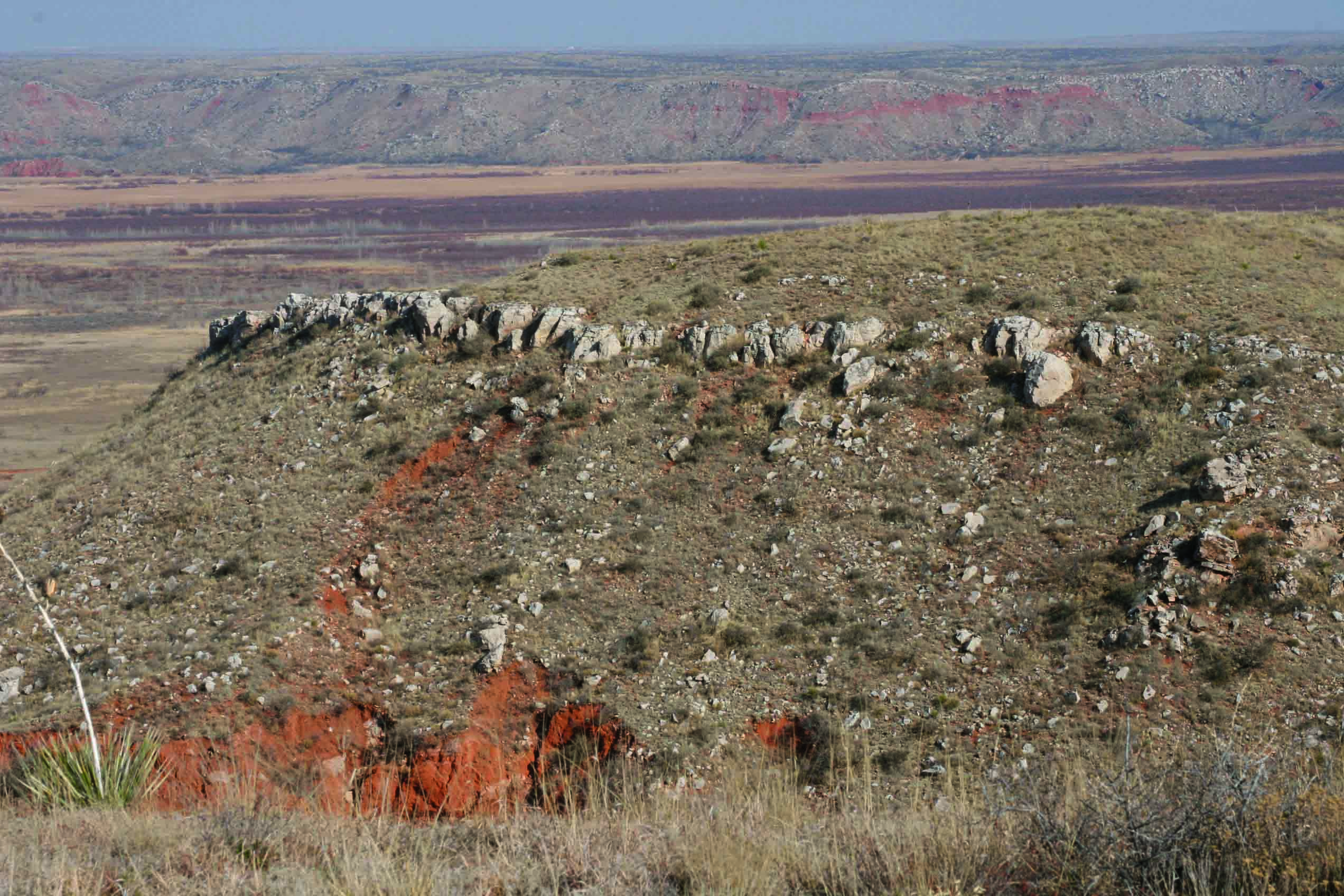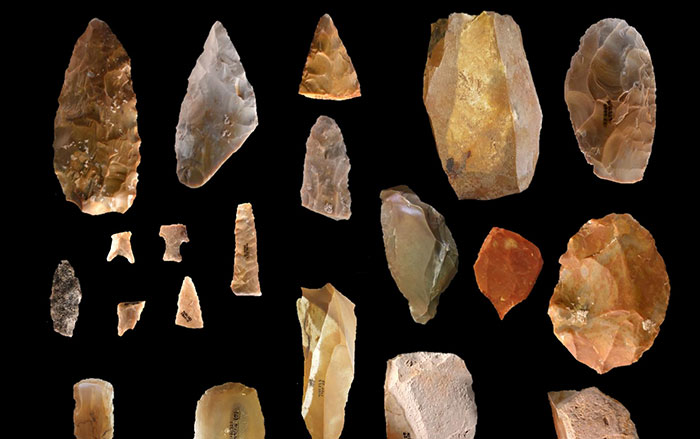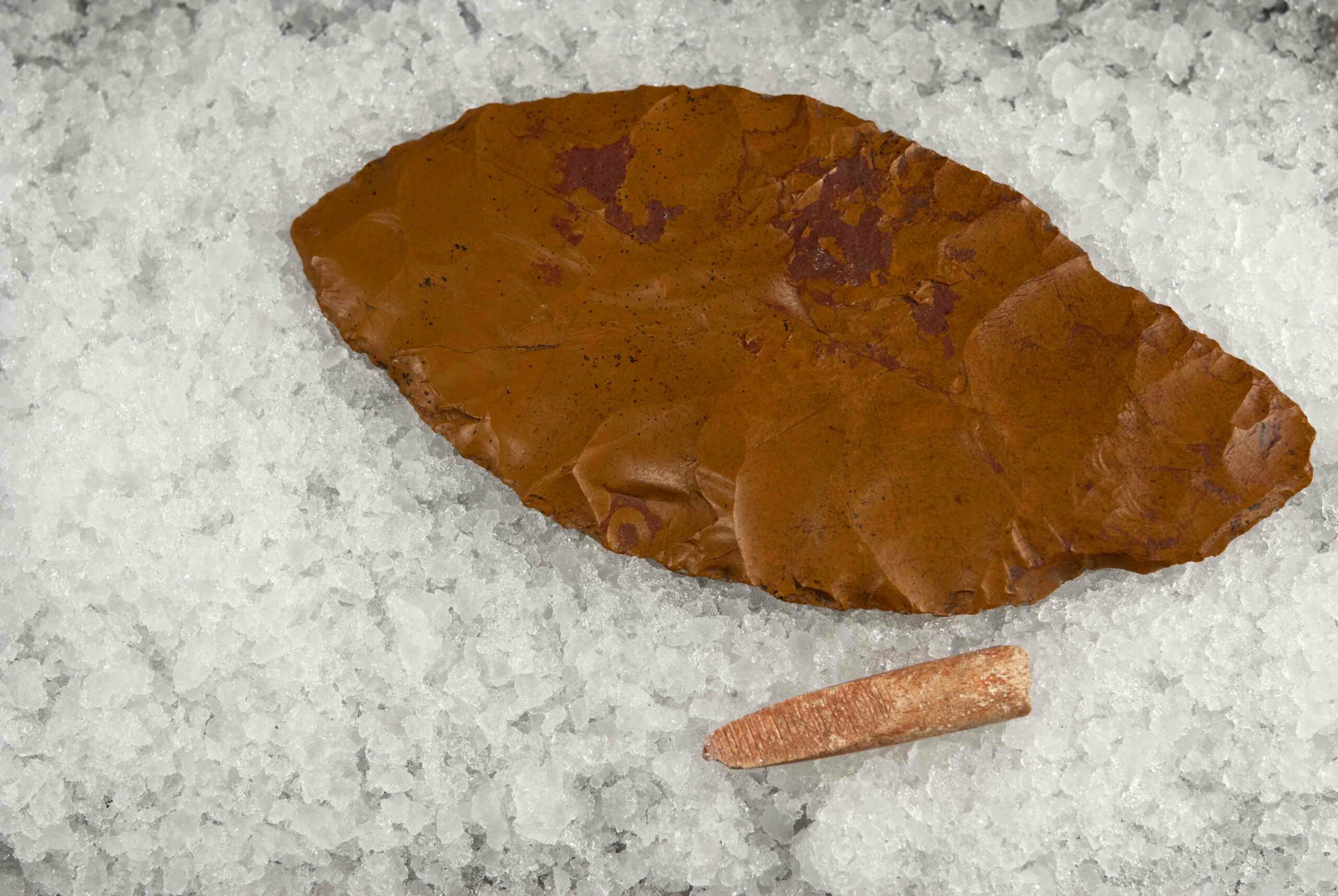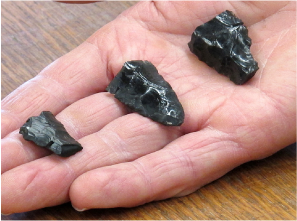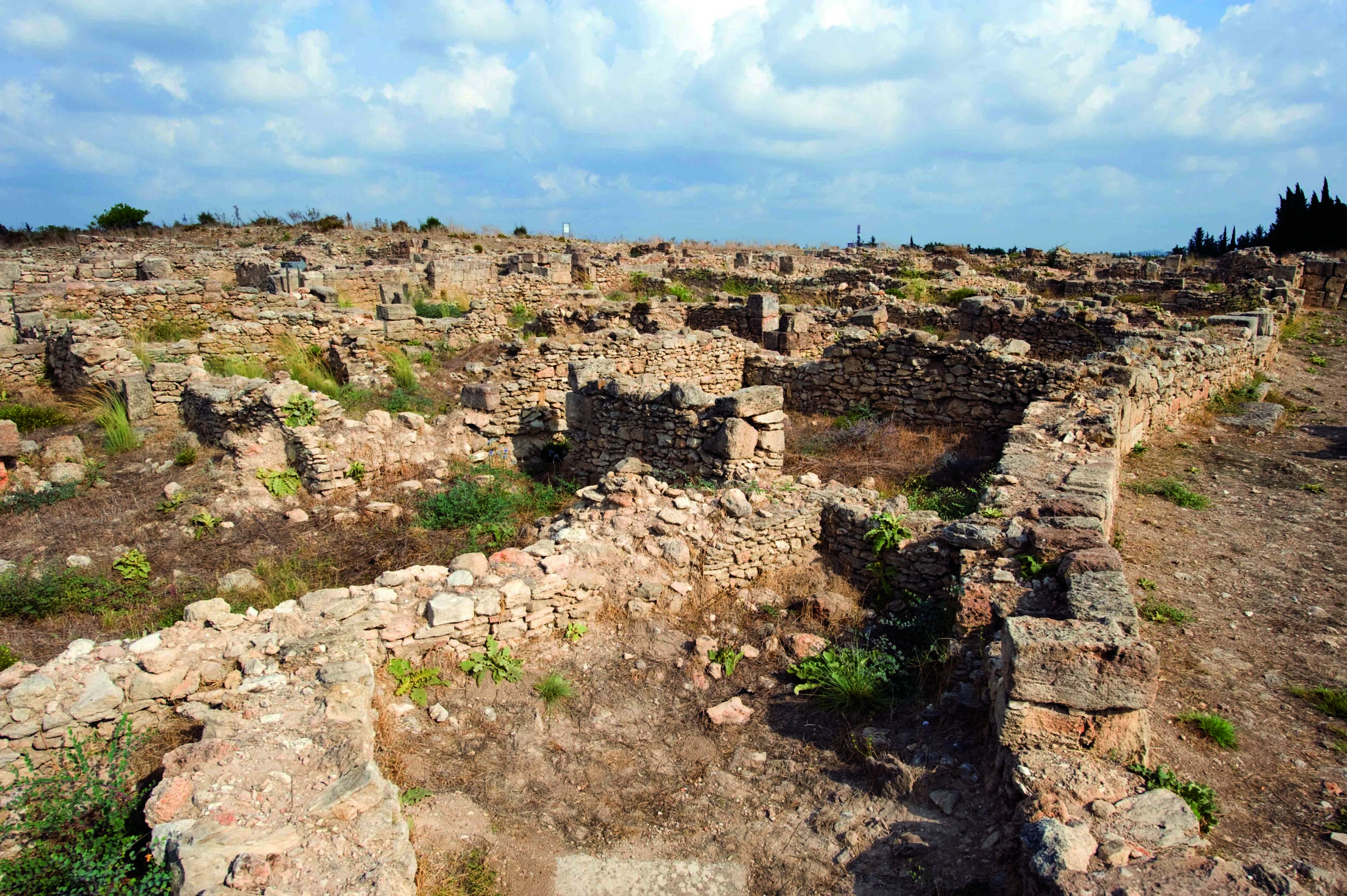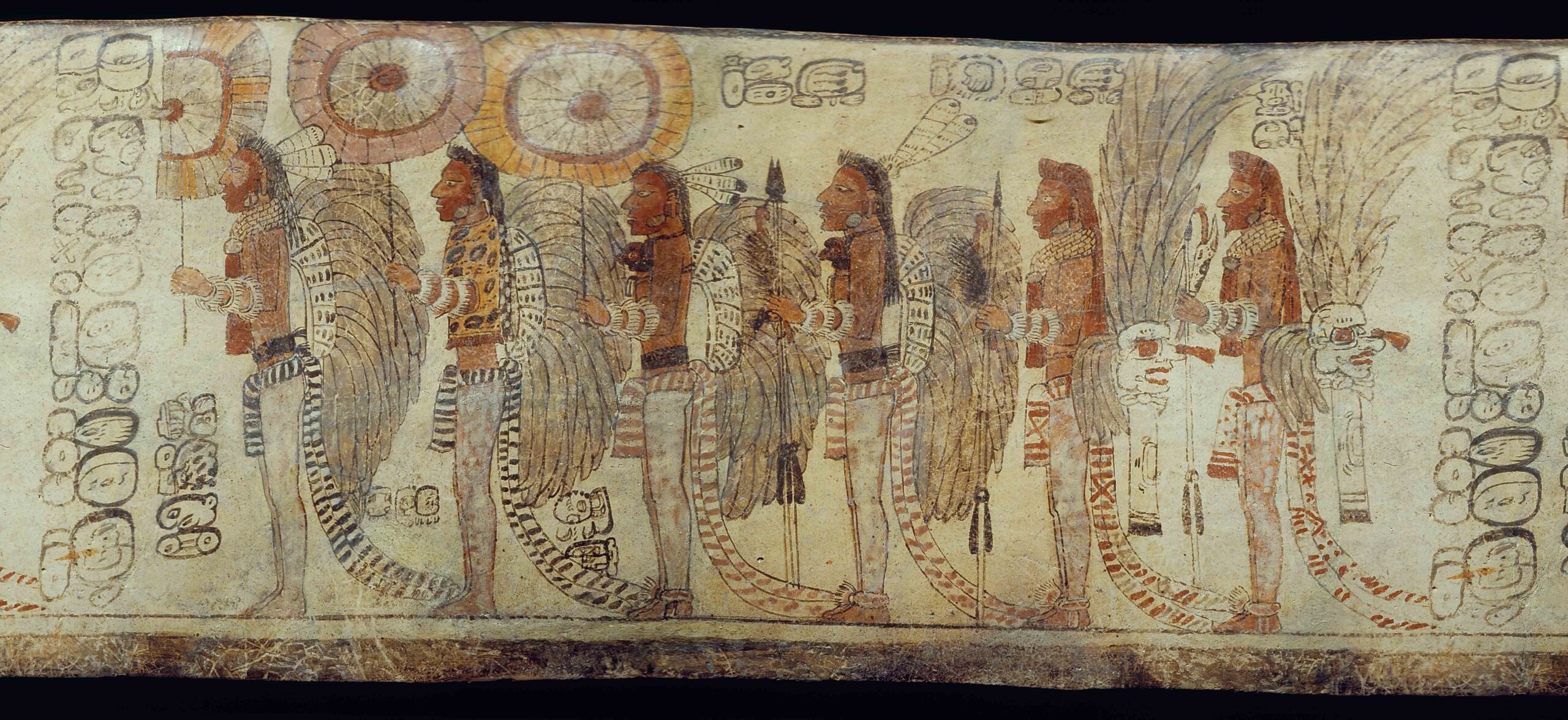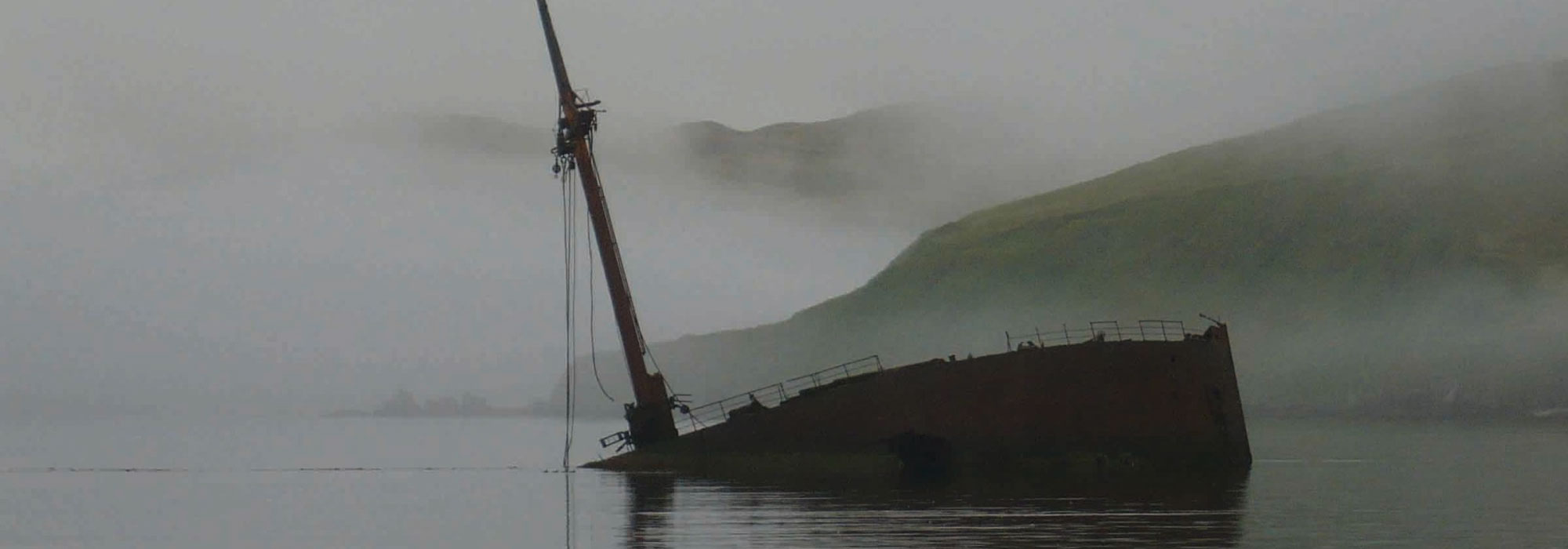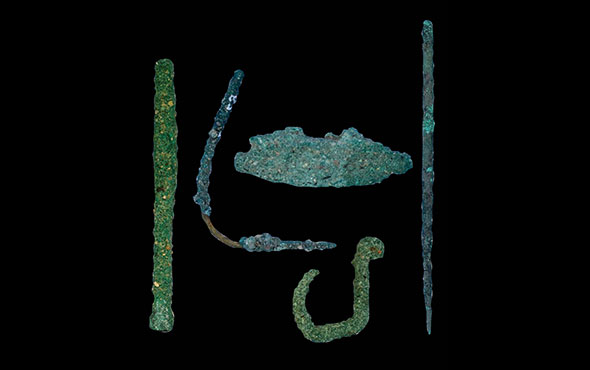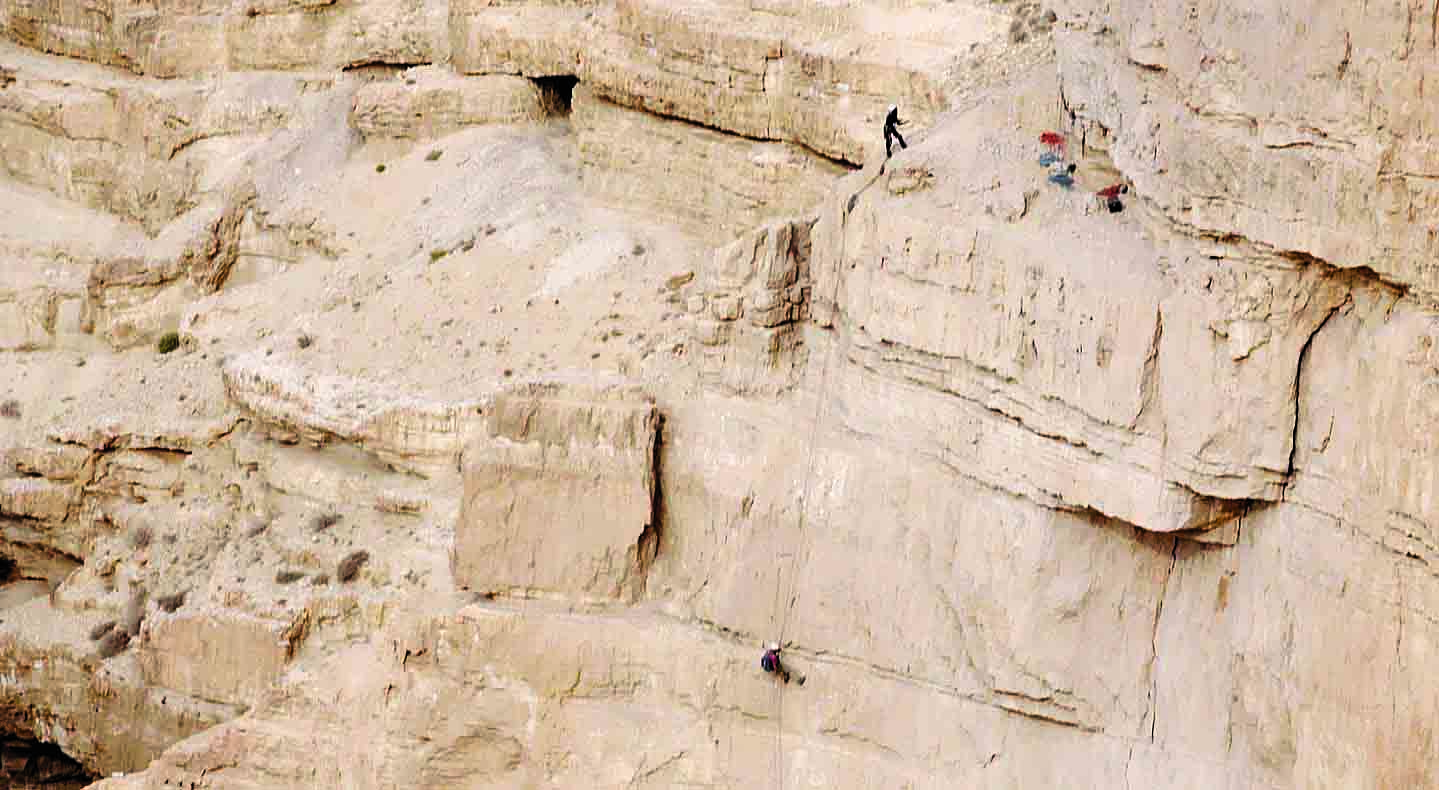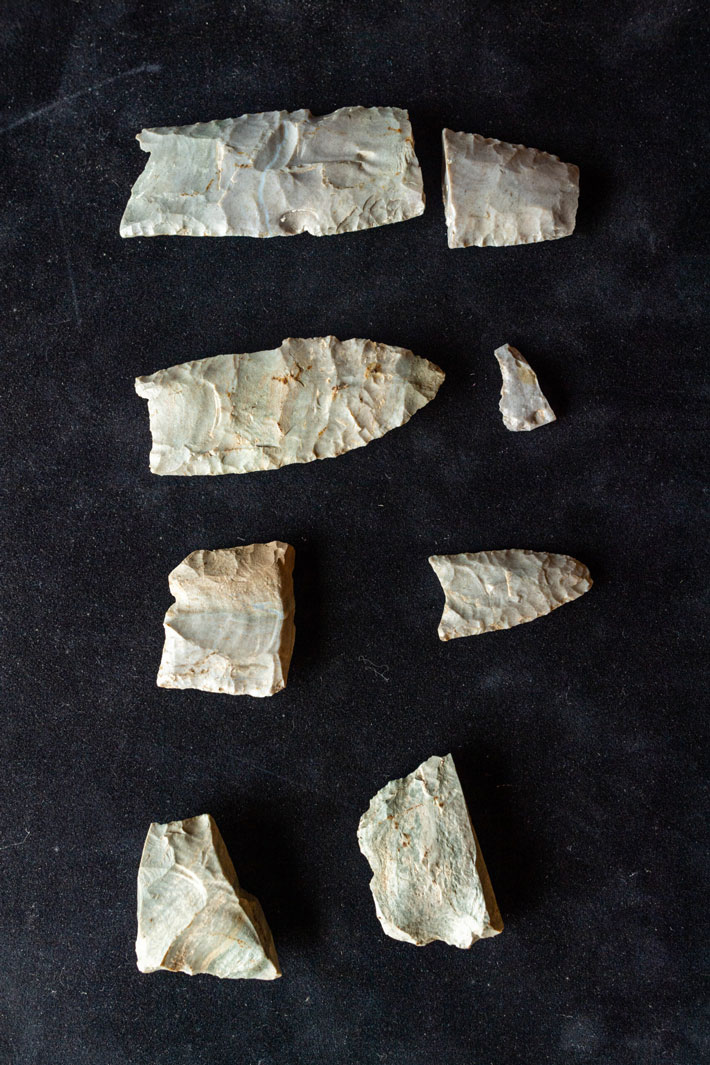
ANN ARBOR, MICHIGAN—According to a statement released by the University of Michigan, a Clovis camp site has been discovered on farmland in southwest Michigan. It had been previously thought that the presence of glaciers in the region some 13,000 years ago made it uninhabitable beyond an occasional hunting trip in the ice-front environment. Independent researcher Thomas Talbot explored the farmer’s fields each spring after they had been plowed for more than ten years, and recovered nine pieces of Clovis points over that time. He contacted archaeologists Henry Wright and Brandon Nash of the University of Michigan, who investigated the area where Talbot found the points. Digging down some five feet, Nash and his colleagues uncovered two artifacts in an undisturbed layer below the plow zone. In all, the team has recovered more than 20 Clovis tools and hundreds of pieces of stone debris left behind by tool production. Nash thinks the camp may have been used for a short period by a small group of people who split from their main group for a season. Residue analysis could reveal what animals they hunted and what plants they processed, he added. To read about pre-Clovis peoples in the Americas, go to "America, in the Beginning."


